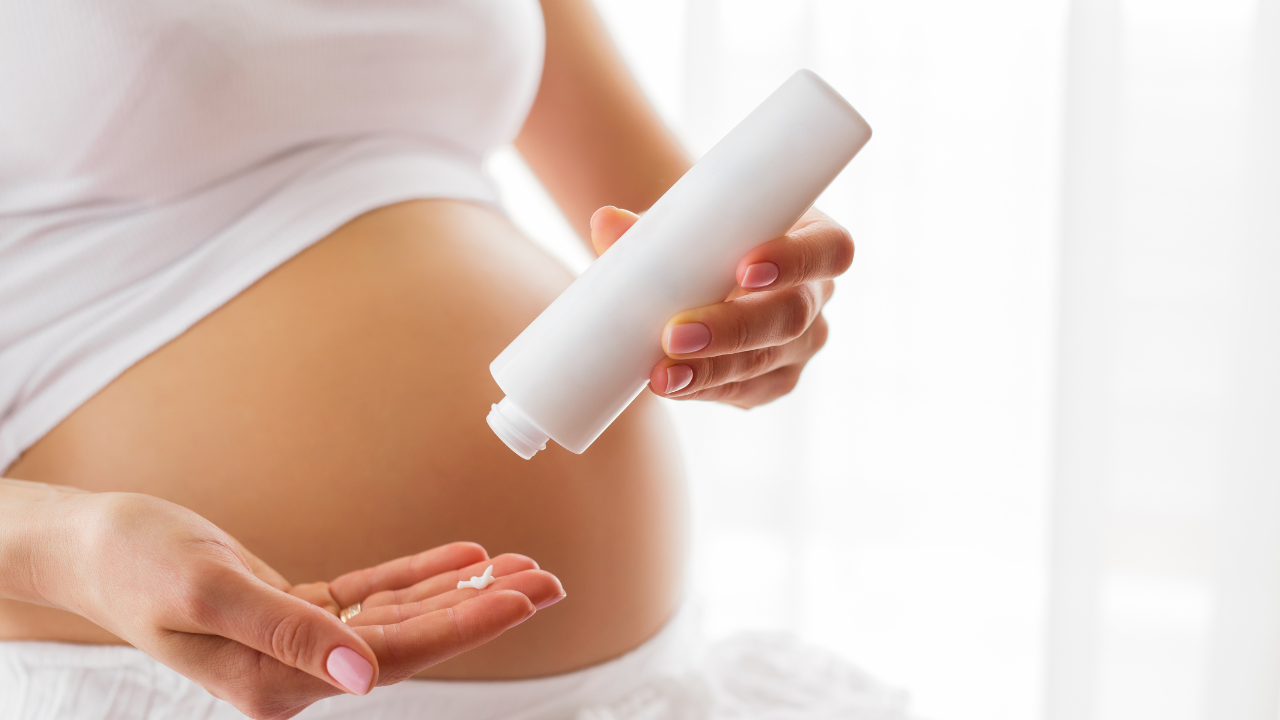Pregnancy and Retinyl Palmitate: What You Need to Know

Retinyl palmitate, a milder derivative of Vitamin A, is often marketed as the gentler cousin to retinol, making it a popular ingredient in numerous skincare products. However, emerging research suggests that even this seemingly benign compound may pose safety risks—most notably during pregnancy. This article delves into these concerns, focusing particularly on the risks associated with the use of retinyl palmitate during pregnancy, as well as other health considerations.
The Lure of Retinyl Palmitate
Long celebrated for its anti-aging properties, retinyl palmitate offers the promise of smoother, more youthful skin. It's commonly included in various skincare products like moisturizers and sunscreens, often considered safer and less irritating than other retinoids.
Known Risks
Skin Irritation
Even though it's a milder form of Vitamin A, retinyl palmitate can still result in skin irritation, including redness, itching, and a burning sensation, particularly for those with sensitive skin.
Heightened Concerns During Pregnancy
The safety of Vitamin A derivatives like retinyl palmitate becomes even more questionable during pregnancy. Excessive Vitamin A has been linked to birth defects, leading many healthcare providers to recommend avoiding all forms of retinoids during this crucial time.
A Closer Look at Pregnancy Risks
The Potential for Birth Defects
One of the most significant concerns is the potential risk for birth defects when using Vitamin A derivatives, including retinyl palmitate. While it's used topically, some amount can be absorbed into the bloodstream. For pregnant women, this raises legitimate concerns about fetal exposure and the possibility of congenital disabilities.
What Research Says
Though limited, some studies highlight the potential risks of Vitamin A derivatives during pregnancy. For example, a study in the American Journal of Medical Genetics found a correlation between high doses of Vitamin A and certain birth defects. While more research is needed, these findings are enough to make both healthcare providers and expectant mothers wary.
Emerging Concerns: Sunlight and Tumor Acceleration
Aside from pregnancy-related concerns, recent studies have hinted that retinyl palmitate may accelerate the development of skin tumors when skin is exposed to sunlight. Although research in this area is ongoing, such findings add another layer of complexity to the compound’s safety profile.
A Safer Alternative: Beautycounter’s Countertime Line

For those seeking a skincare regimen that provides anti-aging benefits without the potential risks associated with retinyl palmitate, Beautycounter's Countertime line offers a compelling alternative. Formulated with a plant-based Retinatural Complex—consisting of bakuchiol and Swiss Alpine rose—this line aims to provide the rejuvenating benefits of retinoids without the associated safety risks.
Especially for pregnant women, the Countertime line serves as a safer option, although consultation with a healthcare provider is always recommended for personalized advice.
Conclusion
While retinyl palmitate has been a staple in many skincare products, its safety profile is increasingly coming under scrutiny—most notably concerning its use during pregnancy. Given the emerging research and potential risks, pregnant women, in particular, may wish to consider safer alternatives like Beautycounter's Countertime line.


